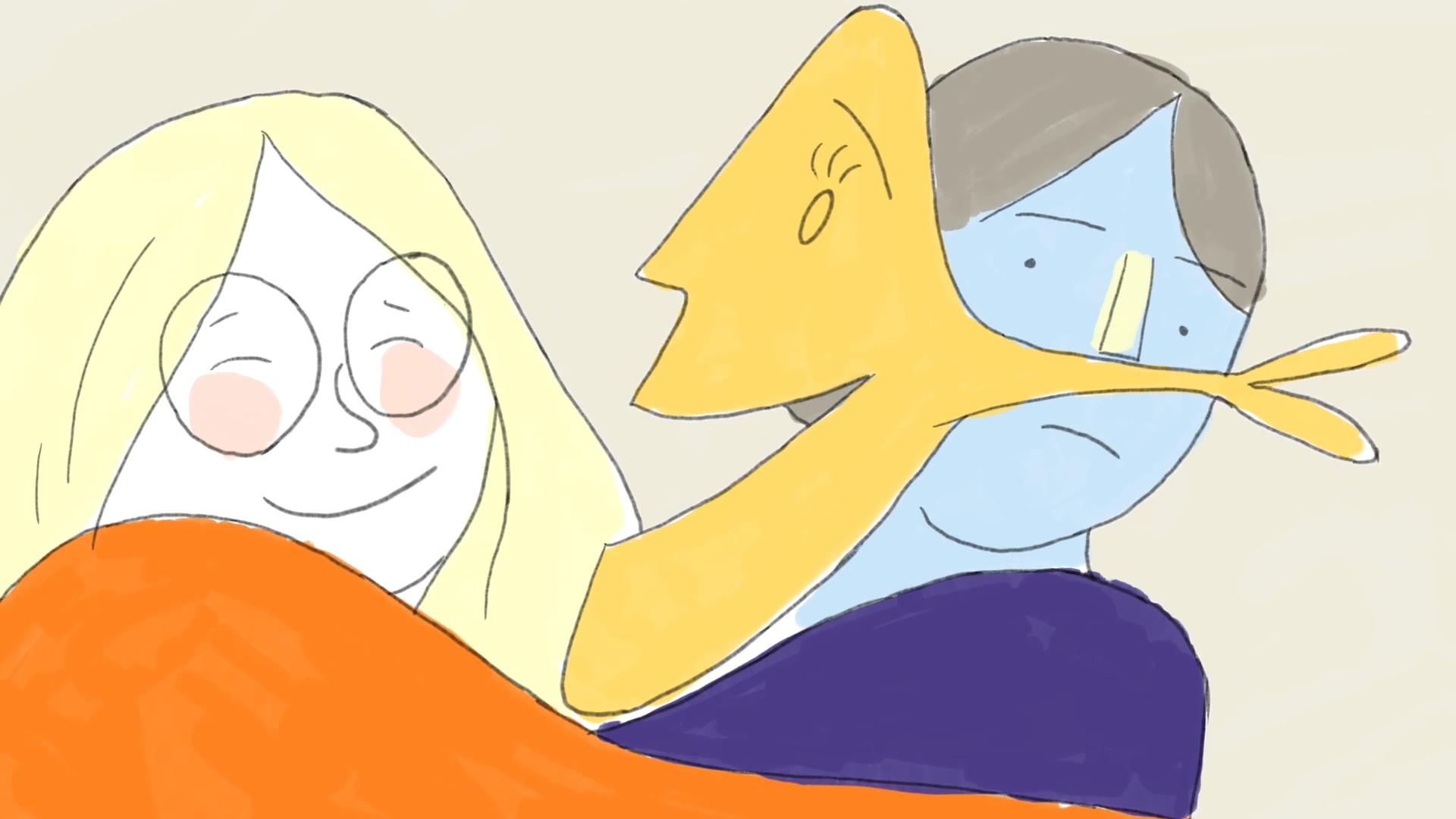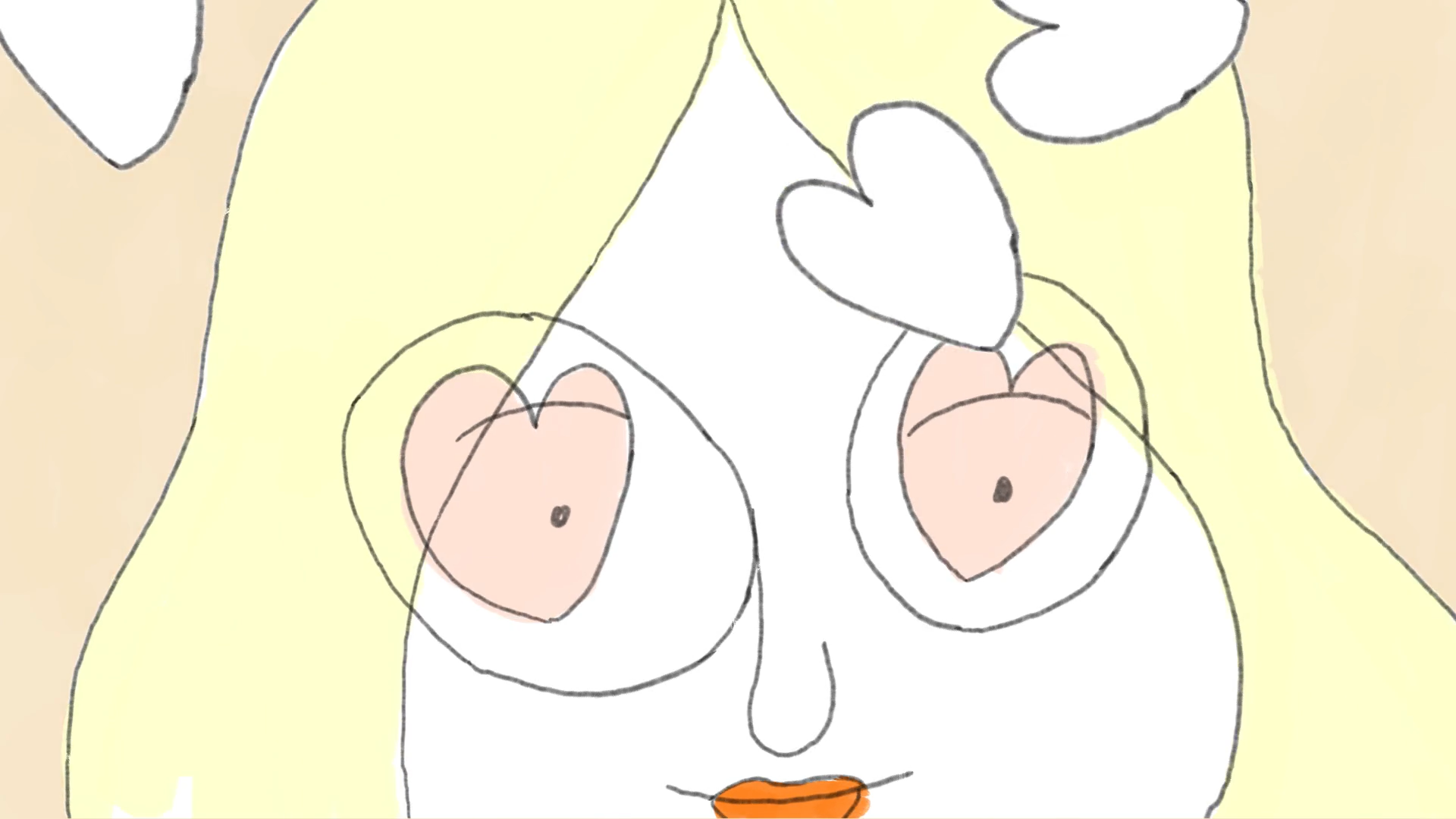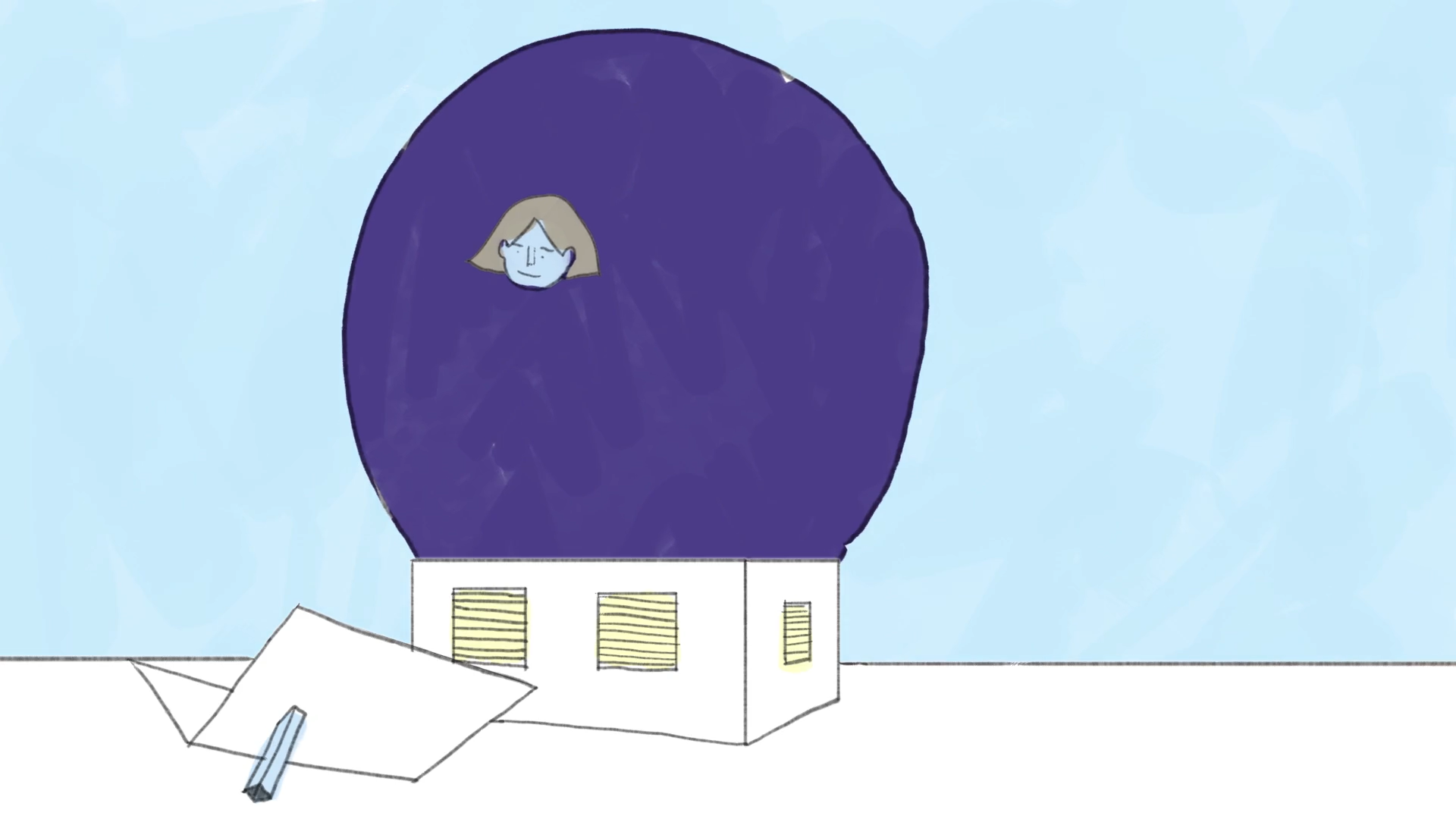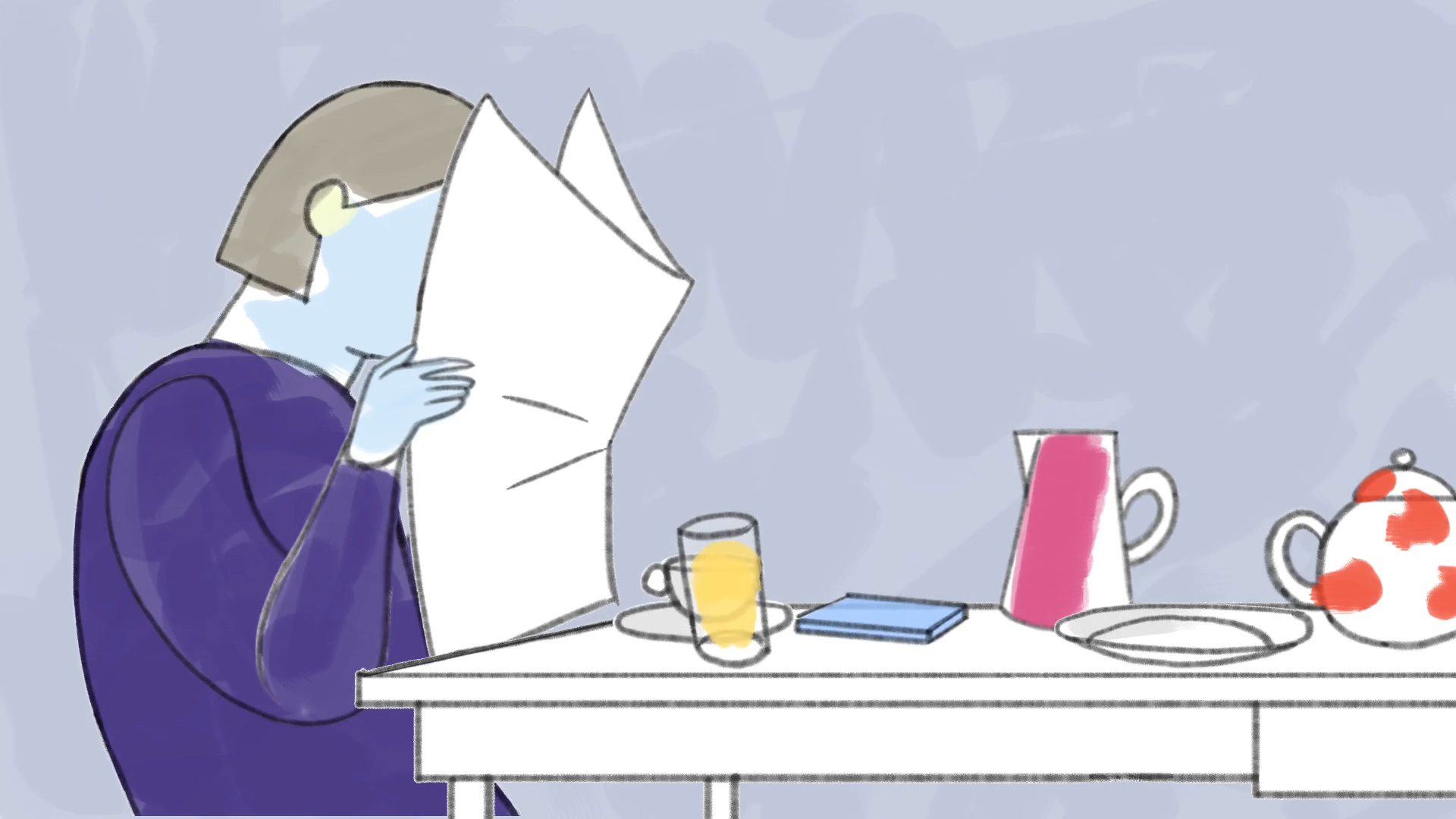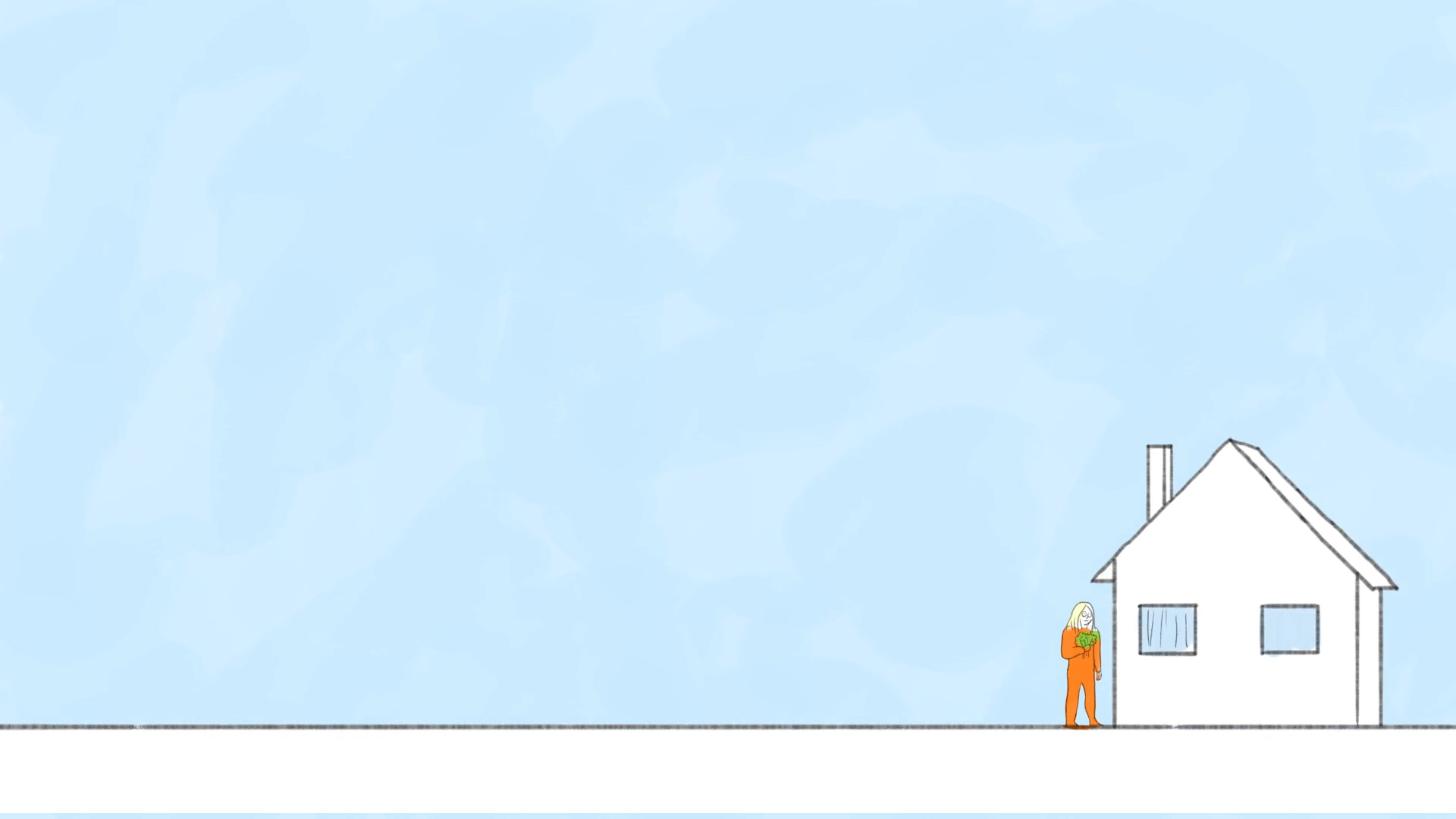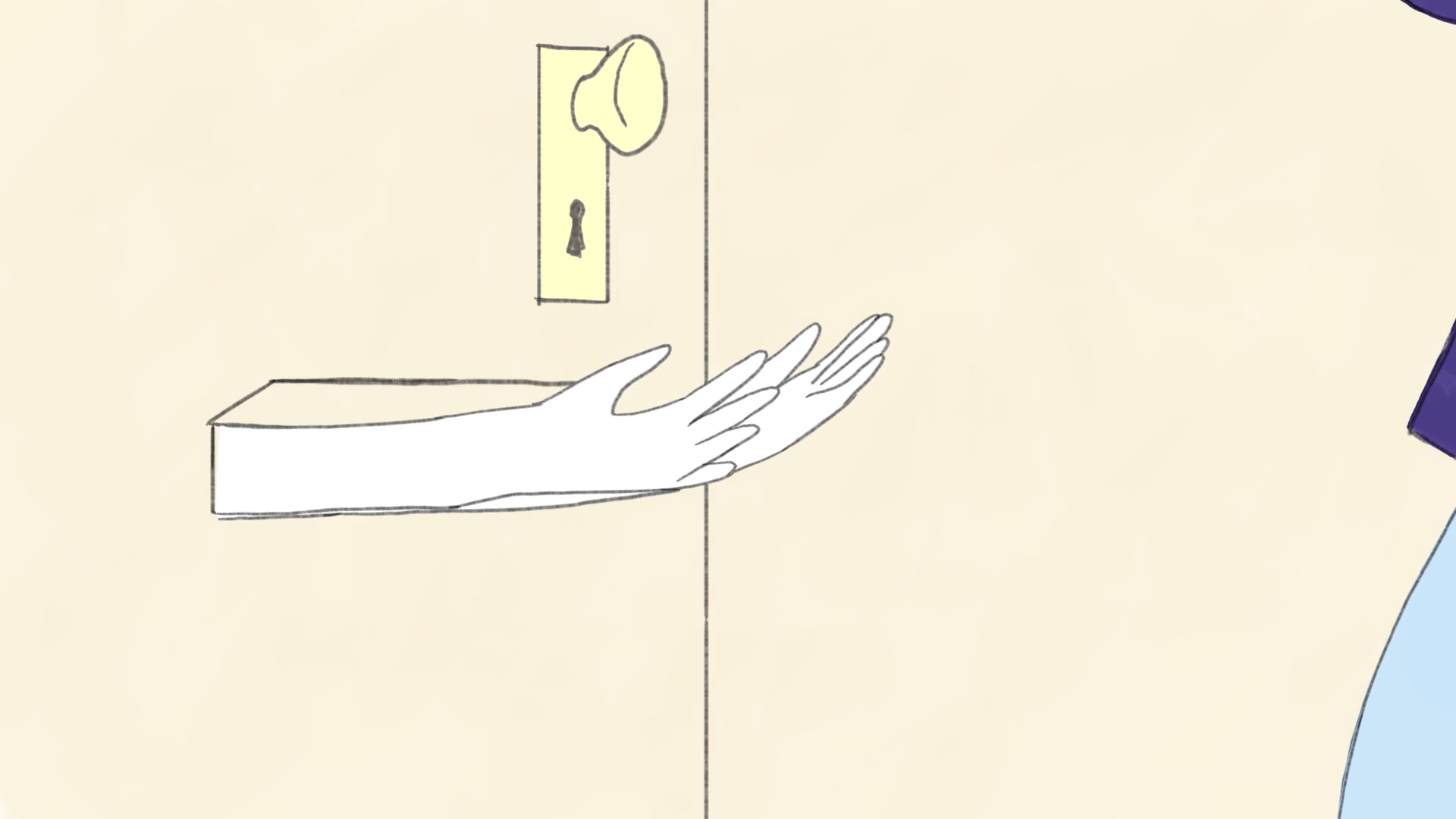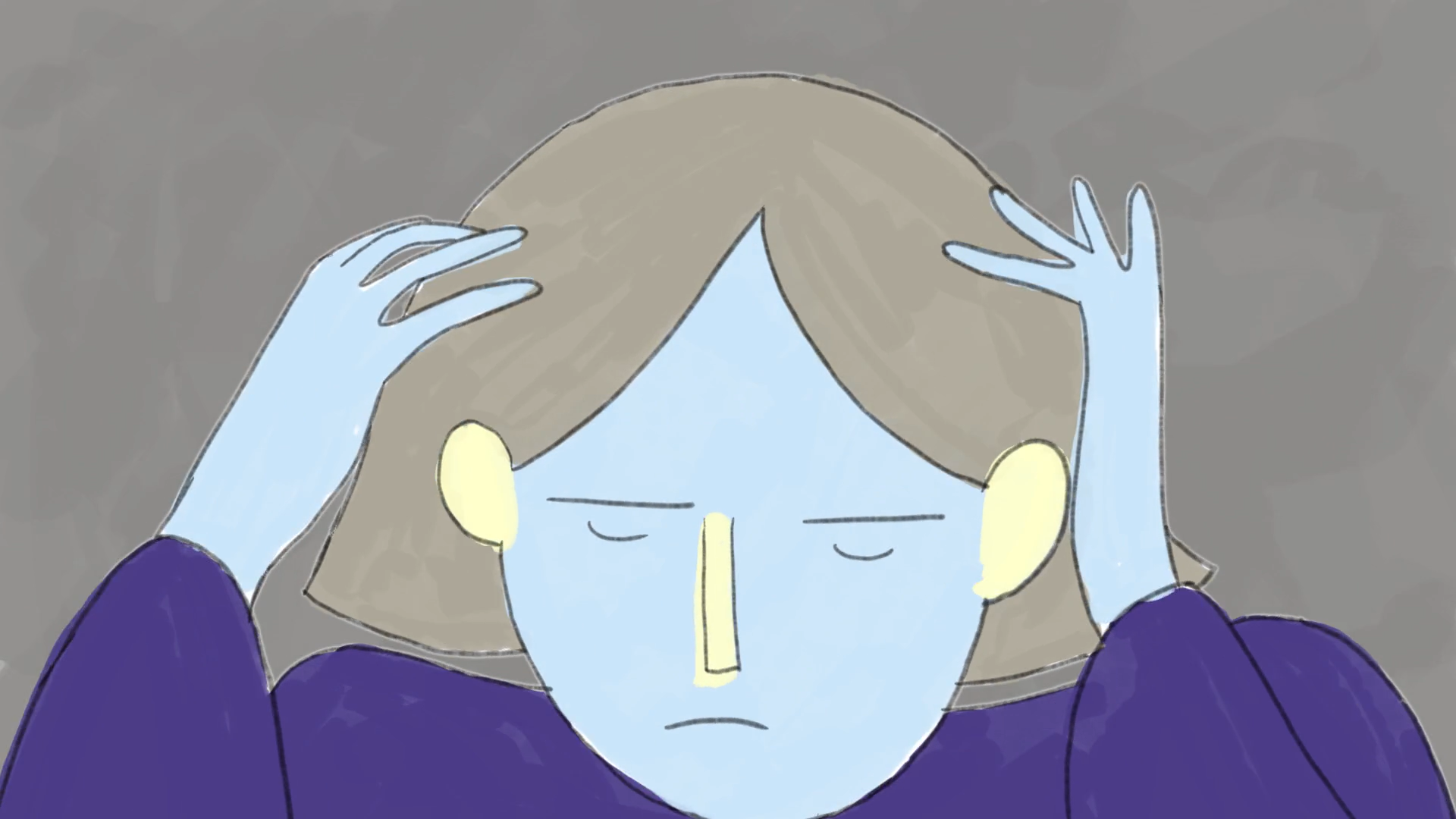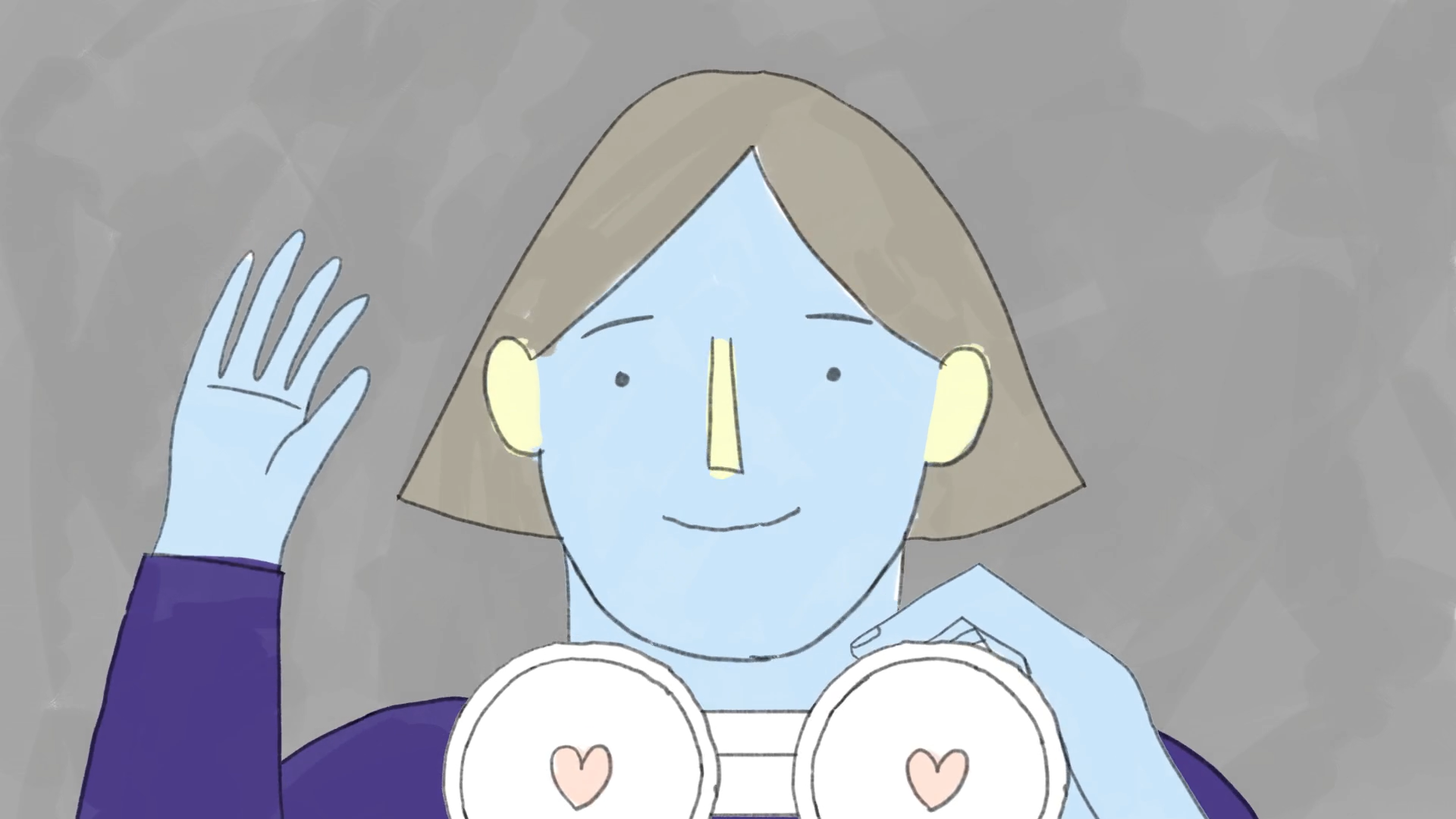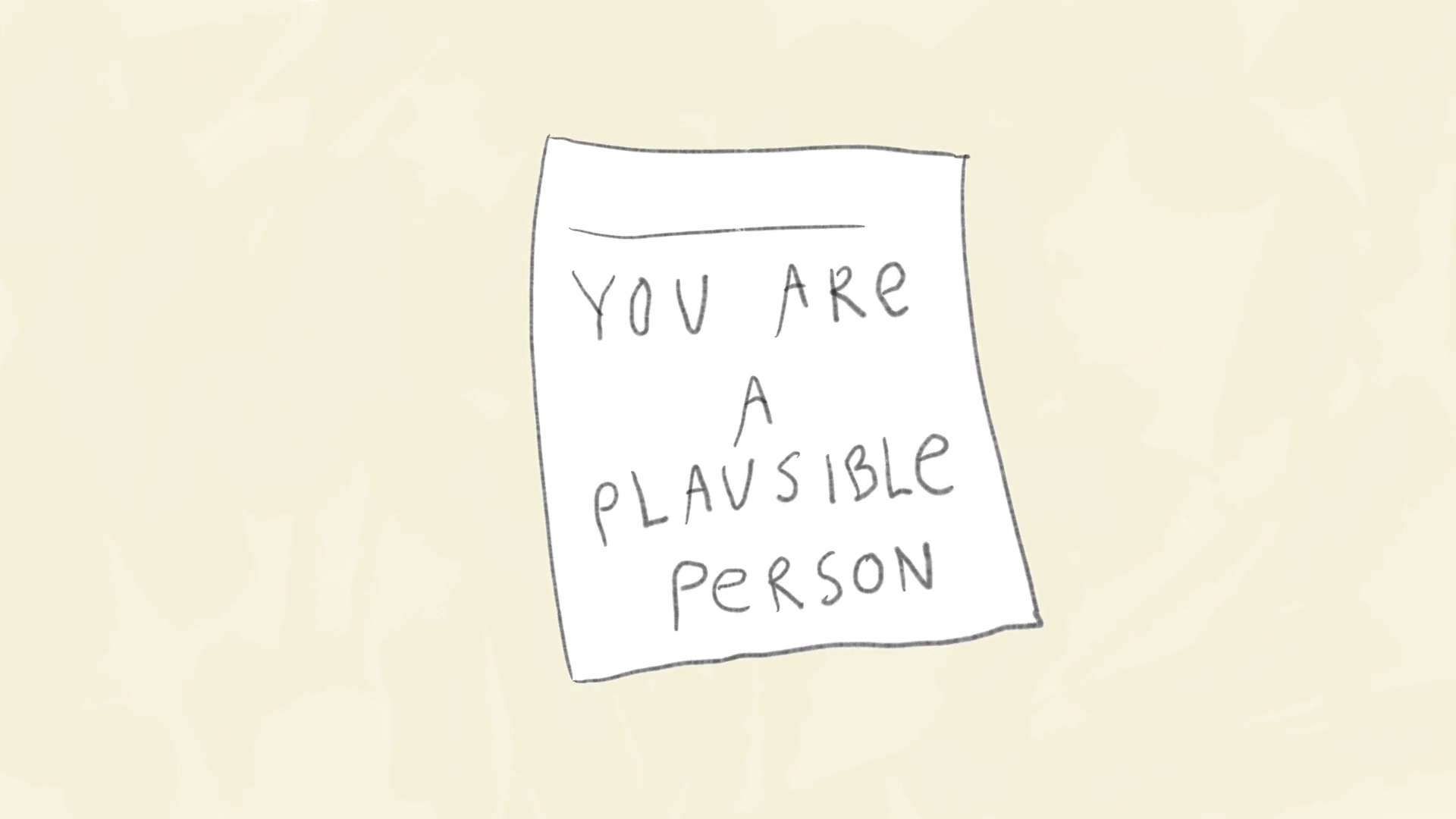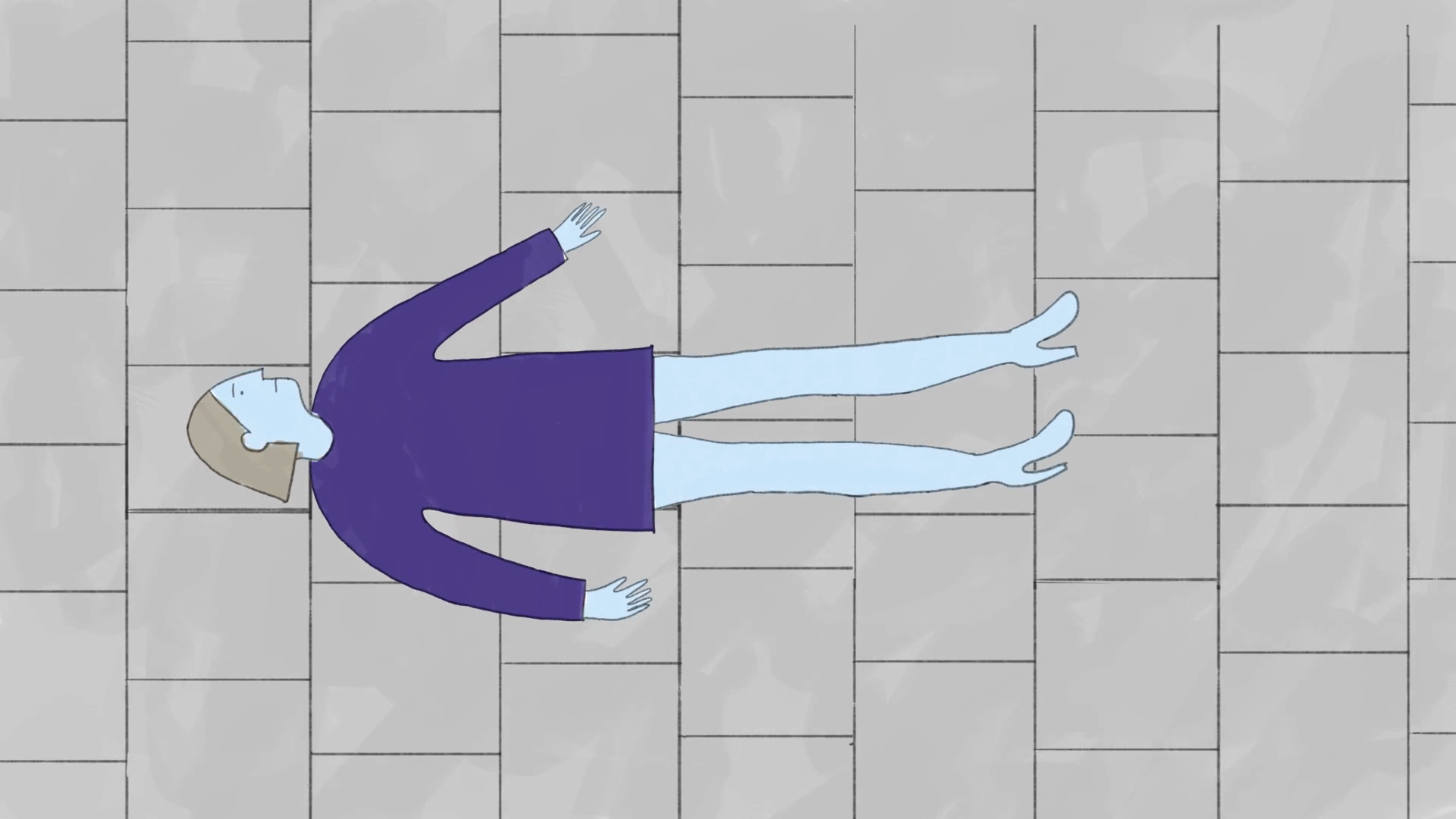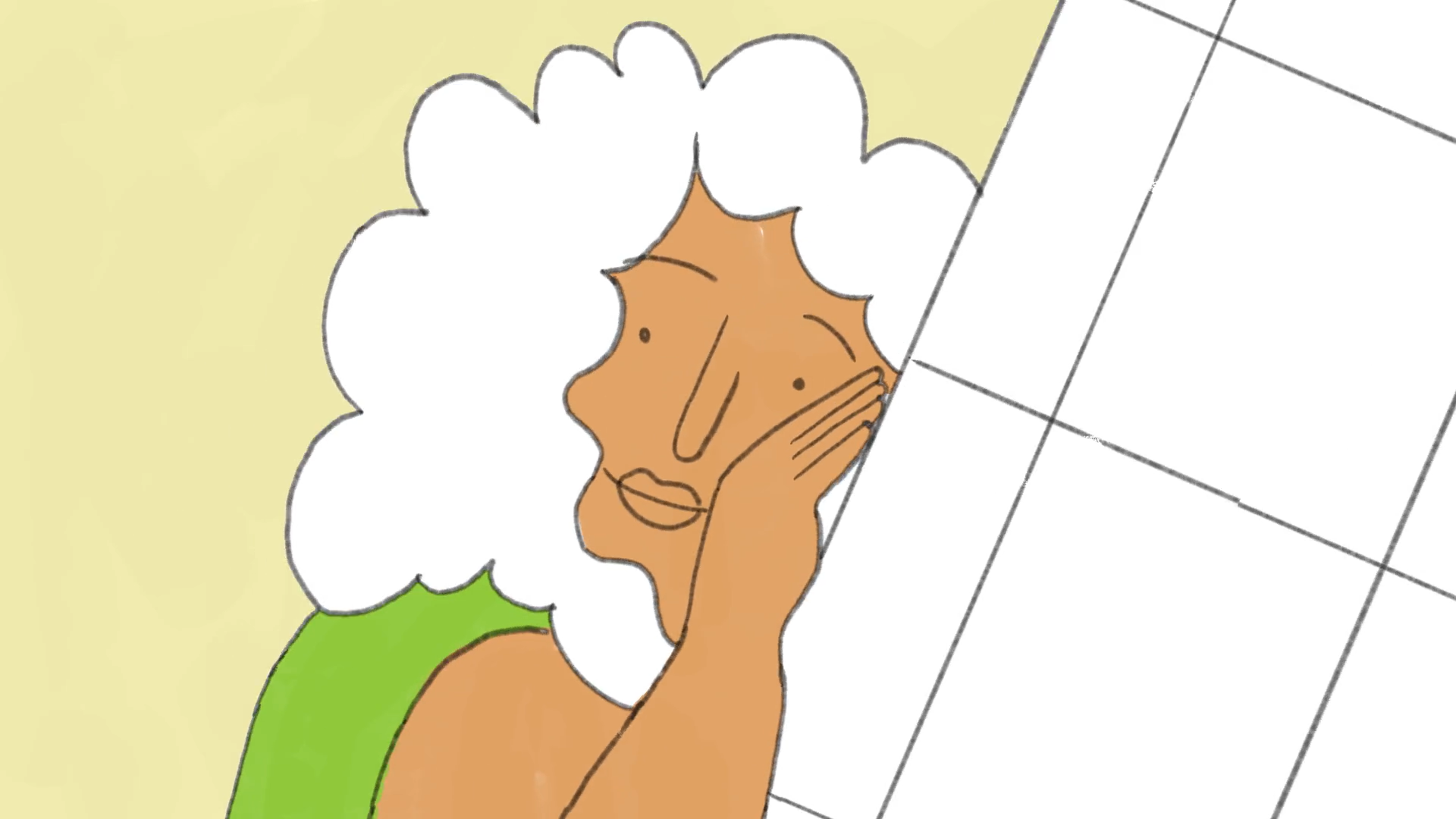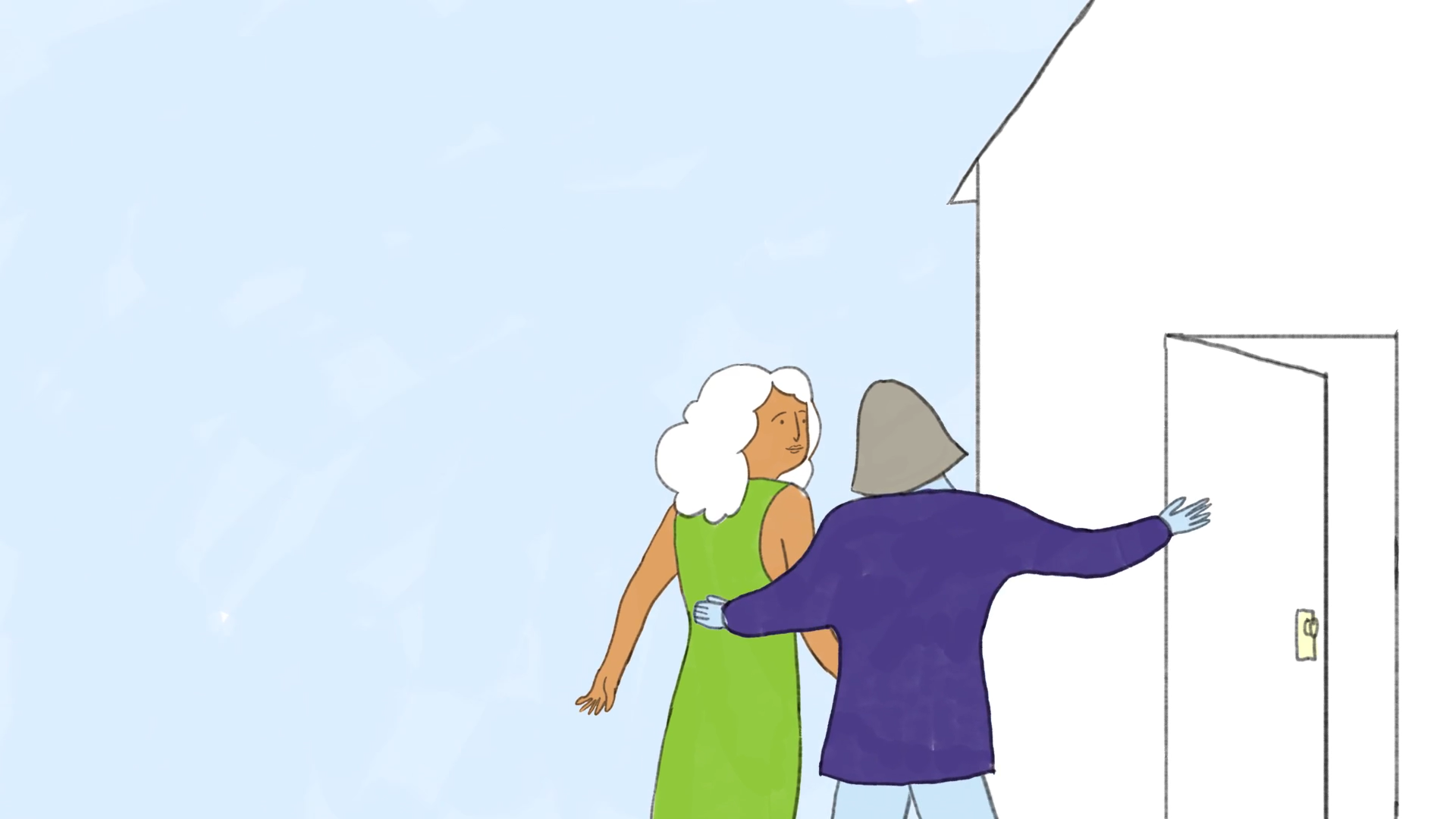The school of life Needy People

The school of life makes psychology animations that can help you cope with all sorts of things in life. Such as clingy friends or lovers: so called ‘needy people’.
“We’ll start to find other people a lot less needy, that is, a lot less alarming when they need us, when we can accept with good grace that there is nothing unusually strange or abhorrent about someone deciding they like us.”
For The School of Life I made this animation about how hard it can be to deal with needy people, or really: How hard it is to accept that you are wanted.
Before this animation I also made Stuffed animals on how we practice our internal dialogue with our teddy bears.
The words by Alain de Botton:
The ‘needy’ person is a stock figure of caricature: they call too much, they cry when you leave to get a glass of water, they feel put out when you check your phone, they were upset when you watched a film without them.
We hate needy people a lot.
But let’s look at this another way. There are, of course, a few pathologically dependent people at large, but a lot of the time, far more than is generally accepted, the person who has the problem isn’t the ‘needy’ person at all, it is us; the ones who are doing the accusing.
We will feel someone is sickeningly ‘needy’ when we don’t see ourselves as appropriate targets of someone else’s need. Somewhere inside, we don’t trust that we are reliable, strong, dependable, admirable or decent; we aren’t quite grown-up – and those who need something from us therefore come across as deranged and fitting targets for mockery. At the first sign that someone is becoming reliant on us, we flinch. We suspect that someone who needs us enough to depend on us for a pleasant weekend or evening must be diseased.
At the root of our hatred of so-called needy people is self-hatred. Ostensibly, we all want love – but when love actually starts to be reciprocated, it may prove intensely alarming. Since we are not convinced of our own lovability. We can start to think very badly of the person we liked only a little time before. Or feel they are naive in finding us wonderful, a great deal more wonderful than we feel we are. To us they are gullible, and too easily taken in by a character we ourselves don’t believe in.
What does psychology think of this?
read the rest of the essay on the school of life website


